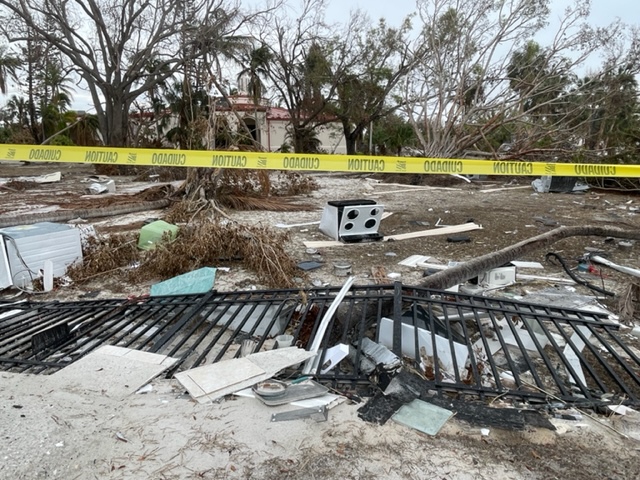
Difference Between Thankfulness and Gratitude
Thankfulness is synonymous with Thanksgiving Day, the day families gather to share a feast, usually with roasted turkey and all the trimmings. It’s the prelude to Black Friday when deals can be made in stores and online, and making preparations to “deck the halls” in anticipation of Christmas Day.
Thankfulness, however, is is a reaction — like when we were kids and woke up on Christmas morning to find a shiny, new red bicycle next to the Christmas tree. Your eyes light up, you stroke the handlebars, and look over at your Dad. He has a huge smile on his face, and your Mom says, “Say ‘Thank You’ to your father, dear, he picked it out.” You rush over and give your Dad a huge hug. You just expressed thankfulness.
Gratitude is a bit different. While being thankful is an emotion, gratitude is an appreciation, under any circumstance in daily life, even when nothing happy or exciting is happening. It’s the quality of being thankful, showing appreciation for what comes your way, an eagerness to return kindness.
Gratitude requires a positive attitude. It’s formed by the choices we make and how we react to the world around us. When we brush off disappointment or rude comments, we maintain a positive attitude. Our attitude is also influenced by how well we ignore negative self-talk, and accept our current circumstances.
When something good or exciting happens, it is easy to be thankful. We appreciate the warm feelings that come with gifts or happy news. Thankfulness involves how we feel in the moment, and like all feelings, eventually, it fades. Thankfulness is a temporary emotional response to a temporary circumstance.
Gratitude is a chosen state of being, even when nothing exciting happens. A study from the University of California Berkeley states, that when put into practice, gratitude unshackles us from toxic emotions and has a lasting effect on the brain.
So this Thanksgiving week, try a little Gratitude with dinner.
- Thankfulness fades-Gratitude remains
- Gratitude deepens our inner connections
- Gratitude improves longterm relationships
Practicing gratitude is something to be thankful for. Happy Thanksgiving week from us at the Stewardship Foundation!
Two Catholic Dioceses After Hurricane Ian
During hurricane Ian, Florida Bishop Frank Dewane of the Catholic Diocese of Venice was in his home when two huge branches crashed through his roof and into the ceiling of his living room. According to the National Catholic Register who interviewed the Bishop after the storm passed, he feels lucky to be alive and notes that many others fared much worse.
He’s correct. Much worse. Two Catholic churches, St. Isabel on Sanibel Island, and the Church of the Ascension in Fort Myers Beach were completely destroyed while many area parishes suffered extensive roofing and water damage.
Bishop Dewane related to the NCR reporters about a time shortly after Ian blew through at which he went to make the rounds of all the area parishes. Suddenly, the police asked him to move away from the area because bodies were beginning to float ashore from Sanibel Island. The Bishop commended local Floridians who, as soon as the storm subsided, took their own boats, canoes, and anything else that could float, into the murky waters to look for stranded neighbors. Surely, more were saved than lost.
He spoke about how aid began to flow into Florida from other states almost immediately, and how volunteers streamed into SW Florida from the upper States with water, supplies, and a helping hand. No doubt Bishop Gregory L. Parkes of St. Petersburg (Tampa), along with Bishop Dewane of Venice need your prayers.
The Florida experience after Ian has been comparable to the aftermath of Katrina in New Orleans in 2005 that took over 1,800 lives and caused $125 billion in damage. Ian took fewer lives (110 to date) and caused damages estimated from to be as much as $258 billion — surely the costliest natural disaster in U.S. history.
If you want to learn how we can help direct your support of financial donations to help the Dioceses in SW Florida in the wake of hurricane Ian, please contact us today.
To read the entire article on Bishop Dewane, see The National Catholic Register.

